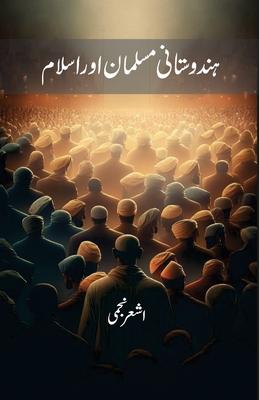Upon arriving in the coastal regions of South India as merchants, the Muslims exhibited a peaceful demeanor, seeking to maximize their commercial gains through peaceful means. The Hindu rulers of India treated the new Muslims with tolerance and kindness and provided them with a range of facilities and resources. Additionally, Arabs arrived in Sindh under the guidance of Muhammad bin Qasim. Following the conquest of Sindh, the question of how to treat the non-Muslim population arose. Hajjaj bin Yusuf, after consulting with scholars and jurists, decided to treat the Hindus as the People of the Book, taking into account the practical political considerations involved. They were to be treated.
In contrast, the context was markedly different when the Muslims arrived in North India. The initial Muslim conquerors were of Turkic origin and had received military training. For these tribes, warfare was both a pastime and a profession, as they were accustomed to rising and fighting for their survival. While religion was seldom a factor in these conflicts, the invasions of India were based on expansionist ambitions and justified by reference to religion. These wars were therefore labelled as Jihad against the infidels. Those who perished in these conflicts were designated as 'Shaheed', while the victors were referred to as 'Ghazi'. To illustrate, Mahmud of Ghazni's military campaigns in Central Asia were primarily political, whereas his invasion of India was driven by religious motivations. For example, Babur refrained from commenting while fighting Ibrahim Lodhi at Panipat. However, when he confronted Rana Sanga, he not only broke cups of wine to arouse religious feelings among the soldiers but also delivered a powerful speech to encourage them. He bestowed the designation of martyrdom upon the deceased and 'Ghazi' upon the surviving combatants. After this triumph, he incorporated the epithet of 'Ghazi' into his appellation. It is beyond the scope of this discussion to elaborate further, but it is acknowledged that when Muslim rulers were compelled to engage in conflict with Hindus, they employed religious rhetoric to foster unity among the Muslim populace.
